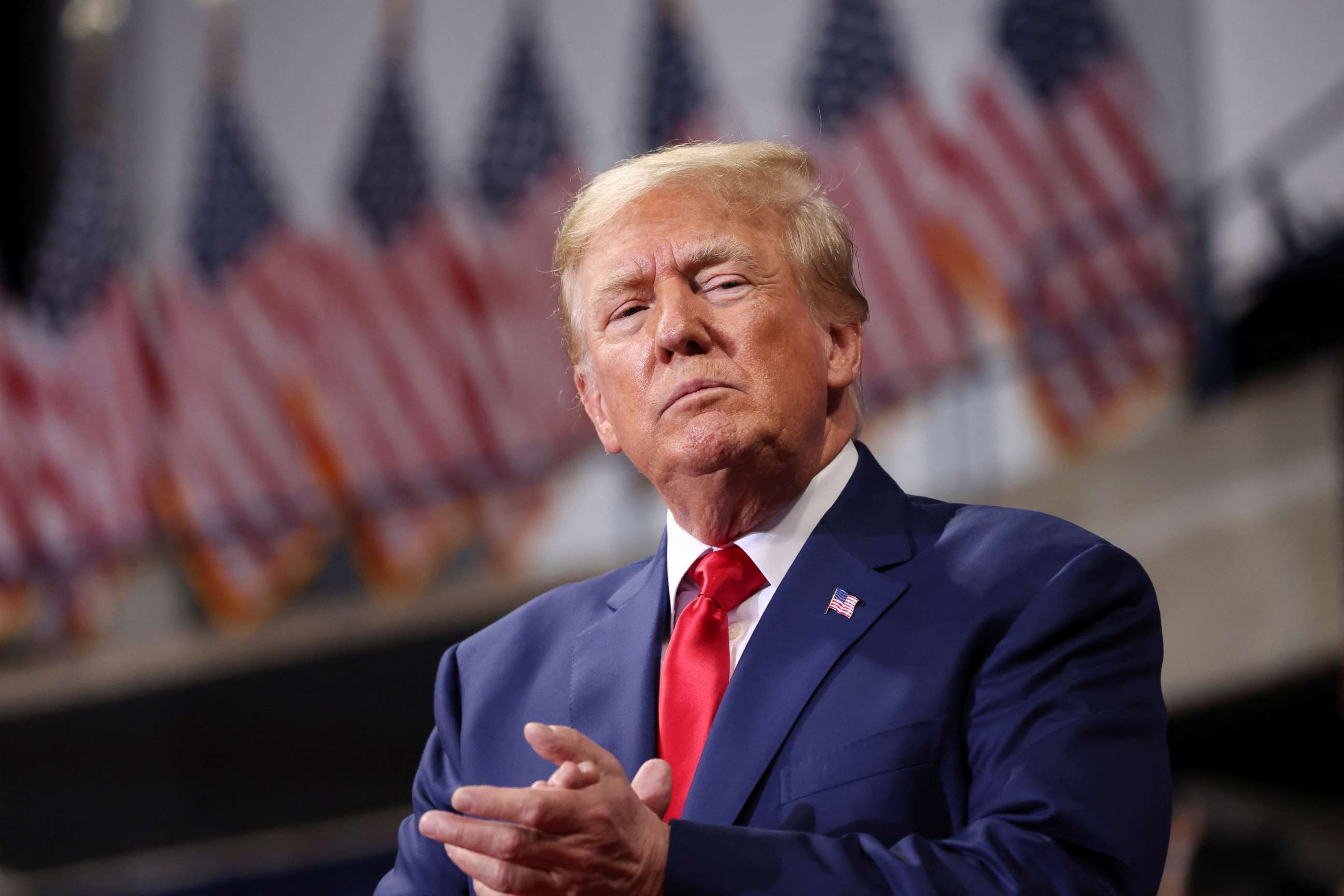Trump, DOJ file joint response to judge's order on special master
The two sides each proposed two candidates to serve as special master.
The Justice Department and former President Donald Trump's legal team have just filed their response to Judge Aileen Cannon's order requiring them to put forward a list of candidates to serve as special master as well as a proposed order of the special master's duties.
The DOJ has put forward two proposed candidates for a special master to intervene in their review of documents seized from Trump's Mar-a-Lago estate: Barbara Jones, a retired judge from the Southern District of New York who was also a special master in the Michael Cohen and Rudy Giuliani investigations, and Thomas Griffith, a retired circuit judge from the D.C. Circuit Court of Appeals.
Trump's legal team has put forward two candidates as well: Raymond Dearie, a former chief judge of the U.S. District Court for the Eastern District of New York who served on the Foreign Intelligence Surveillance Court, and Paul Huck Jr., a former Jones Day partner and husband of Barbara Lagoa who was on Trump's short list for the Supreme Court.
Both say they will update the court on whether they disagree with each side's proposed candidates sometime after the weekend.

The two sides lay out several areas of disagreement related to Judge Cannon's order for a special master to review items seized from Mar-a-Lago for both potentially attorney-client privileged information as well as potential executive privileged information. According to the filing, the DOJ plans to make available to Trump's team all documents recovered during their search that they assess to be unclassified, even if they're deemed to be government records that shouldn't have been in Trump's possession, as well as any personal items that "were not commingled with records bearing classification markings."
Trump's position, the filing states, is that the special master should review all seized materials including those with classifications markings. DOJ disagrees and further adds that any time they determine a document might be covered by executive privilege they should submit that document to the National Archives, where it would belong under the law.
Trump's team continues to not declare anywhere in this filing that Trump ever declassified any documents related to the search -- despite Trump's public claims that he did. They merely claim that they believe the government "wrongly assumes that if a document has a classification marking, it remains classified in perpetuity," per the filing.
Trump's team also has proposed that they split evenly with the government the fees and expenses of the special master and any staff they require, while DOJ says that Trump should bear all of the cost.
The two sides also disagree on the deadline to complete the review process, with the DOJ requesting a more expedited schedule. They want the special master to complete their work by Oct. 17, while Trump's team believes 90 days will be required, putting it into December and after the midterms elections -- though they defer to the court and the special master on the final decision regarding timing.




